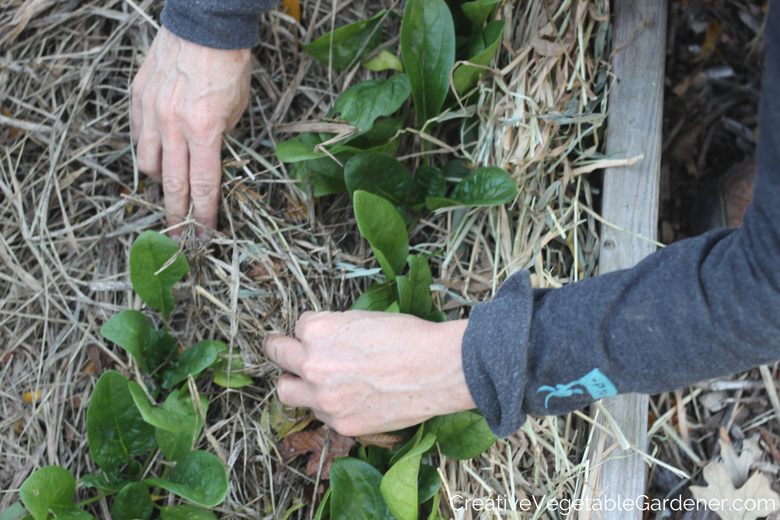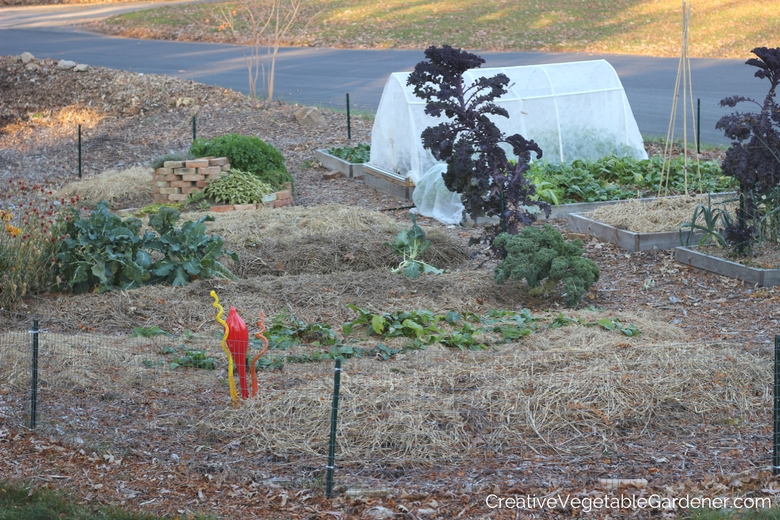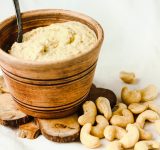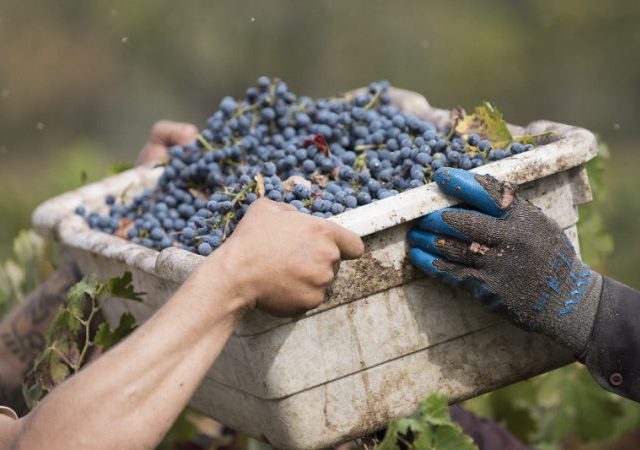When the cooler weather of fall arrives most of us dig out our chunky sweaters, queue up our gloves by the front door, and search for our missing stocking cap which hasn’t been seen since last year.
Why do we automatically do these tasks? Because it’s time to cover up for winter.
You wouldn’t go outside barely dressed – say in shorts and flip flops – on a windy, frozen day. You’ll protect yourself from the harsh fall and winter weather instead.
Well, guess what? You need to do the exact same thing for your garden soil.
As your garden heads into its dormant season, you need to cover it up for winter. Here’s why.
How Fall Mulching Can Improve Your Garden
Protect the soil. The harsh winds and freezing temperatures of winter can be quite damaging to exposed soil. By the time spring arrives you can end up with garden soil that’s been eroded, compacted, and dried out.
That’s why fall mulching is a critical task to complete before you shut your garden down for the season.
Before mulching, it’s a good idea to clear out and dispose of at least some of your plant debris, especially if you had disease and pests this past season. My first step is cleaning up spent plant debris, and then I put on a thick layer of mulch for the winter.
Like the photo at the beginning of this post, you should have no bare soil in your garden as winter arrives.
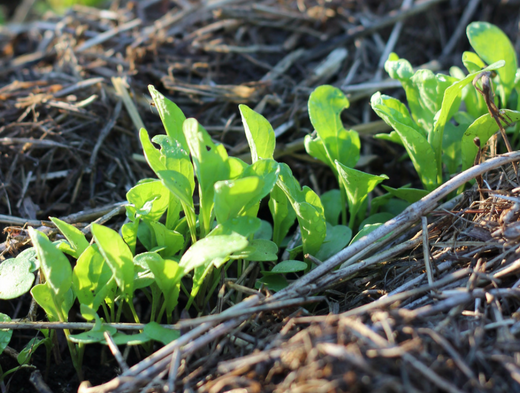
Fewer weeds in spring. The added benefit of getting all of your soil covered with fall mulching is that you’re setting yourself up for a much less work in spring. Weeds sprout quickly as soon as the weather starts warming the soil.
Sometimes we find we have a crop of weeds going strong before we even get to planting our first vegetables of the season. The mulch you lay down in fall will keep those early spring weeds at bay until you get a chance to dig out your gardening tools.
Build healthy soil. You may have heard that as an organic gardener you should try to build up the organic matter in your soil. It helps supply plants with the nutrients they need, improves soil structure, helps retain moisture and increases the number of soil microorganisms.
Organic matter is mostly created by decomposing plant debris. The materials we use for mulch, like straw, leaves, or grass clippings, will break down over time and help increase the organic matter of your garden soil. This is one of the building blocks of creating healthy soil in your garden.
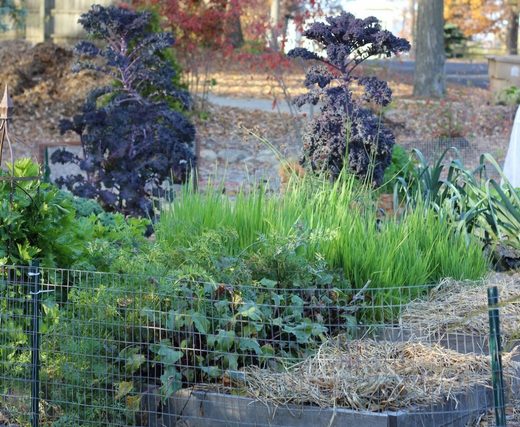
What materials should you use for mulch? Marsh hay is my first choice for mulch in my garden, but you can also use straw, leaves, grass clippings or anything else that’s local to your region.
One word of caution: mind your source of mulch. Hay can bring weed seeds into your garden if you’re not careful. Ask questions about where the mulch came from before you purchase it.
Woodchips are not a good choice for mulching of vegetable garden beds because they contain too much carbon. When carbon heavy materials break down in the soil they tie up a lot of nitrogen that would otherwise be going to the vegetable plants.
How thick should you mulch? As a huge proponent of mulching, I always joke that in my book there’s no such thing as too much mulch. Basically, you want to make sure you can’t see any soil through the mulch once you’ve placed it on your garden bed.
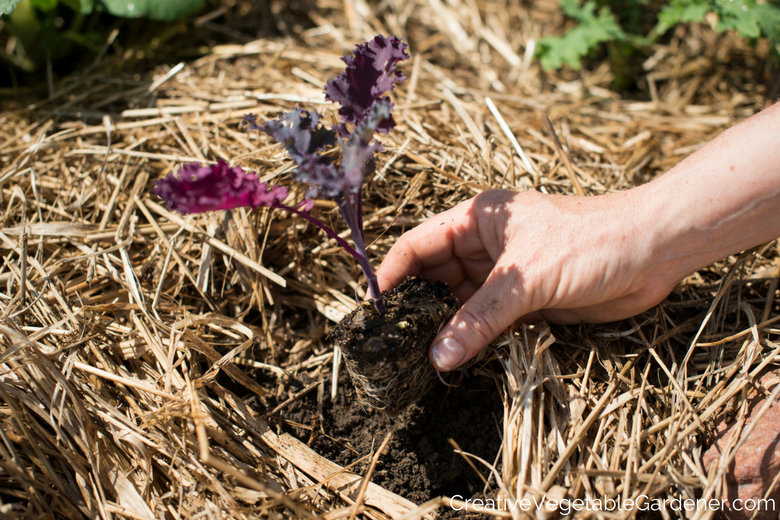
Let me stress it again – there’s absolutely no reason you need to be spending hours weeding your spring garden. If you take some time for fall mulching so that the soil is covered next year, you shouldn’t have many weeds at all.
So, before you pack away your garden gloves, challenge yourself to clean out at least a portion of your garden and spend a Saturday crossing fall mulching off your garden task list.
Originally posted 2017-11-15 09:59:39.

